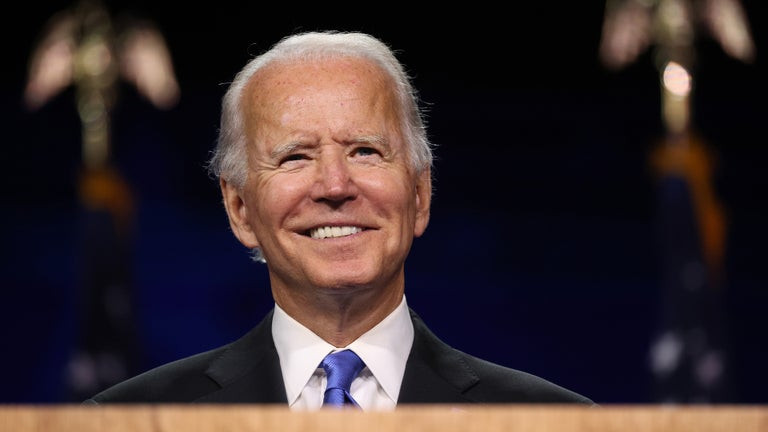
The growth of the Zimbabwean economy has been painstakingly slow against a bulging youth demographic fraction.
Demographic indicators show that Zimbabwe has a largely youthful population accounting for 67.7% in total.
Any medium to long term development plans that do not take into account the needs and aspirations of youths is fatal and doomed to fail.
There is greater need for increased, meaningful youth participation in development-policy formulation and implementation processes, both at national and sub-national levels.
As the country heads towards receiving the new year 2024, it is befitting to reflect on the progress made so far in economic emancipation of youths in Zimbabwe post-independence.
The stereotypical perception of youths as ignorant, problematic, lazy and useless has led to the exclusion of young people from actively part taking in the developmental process.
The same notion has segregated young people from taking up roles in the economic, political and social sectors.
Resultantly, this has further pushed the achievement of developmental milestones in the stipulated timeframes, for example the NDS1 promises to the youth are still far from being realised.
- Another star plots DeMbare exit
- Biti’s applications for referral to Concourt continues
- Biti plays political card in assault case
- Let’s concentrate on what is on the docket: Reza told Biti
Keep Reading
An inclusive approach, towards a youth- centered socio-economic development is needed to cater for the economically active population group.
Economic emancipation entails that we, as a country, strongly consider a deliberate opening up of the economic sectors, such as mining, agriculture, manufacturing and tourism, to young people’s participation.
There is need to value them and take them on board as advisors, colleagues and stakeholders.
According to Ighobor (2013), Zimbabwean youth can be an asset if the government acts on their increased participation now.
This means, with the energy, enthusiasm and innovative abilities of the youth, greater potential can be salvaged by simply encouraging economic youth mainstreaming.
According to Zimbabwe National Youth policy, youth unemployment is one of the most formidable problems that faces the country.
By 2019 the unemployment rate had gone up to between 90% and 95%, (Zimstats, 2019).
Considering that youth make up the majority of the population, this would force the economy into distress as it has more people who are dependent on the government than those who are contributing to its growth.
Youth are constantly left with no room to learn by doing, and the government is continually looking for miracles to solve the economic problem. Increased youth participation is the answer.
Post-Independence, youths have not been able to access mining claims. According to research, youths have since 2014 implored the government to allocate mining claims to young people so that they can easily contribute to national economic development.
Youth groups in mineral rich areas such as Chegutu, Kadoma. Kwekwe, Mazowe, Shurugwi have been in constant confrontation with law enforcement agents seeking to evict them from mines and this has been a universal phenomenon in the local mining communities.
This exclusion has forced most young people to take part in highly criminalized mining activities that contribute immensely to the illicit financial flows of the extractive sector.
Not formally recognizing the youth in the mining sector means that their activities do not contribute to the fiscus, but instead encourage non beneficial illegal aspects like corruption.
In the agricultural sector, youth participation can contribute to national food security, improvement of livelihoods, income generation, economic diversification and economic growth.
Unfortunately, youth access to land (lack of rather) and investment towards the redemption of the image and status of agricultural education has not been availed.
The Zimbabwean agricultural sector harvests are produced by aging farmers who are less likely to adopt the new technologies needed to sustainably increase agricultural productivity, and ultimately feed the growing world population while protecting the environment. Hence, the need to re-engage youth in agriculture.
There are lots of idle state lands and under-utilized farms allocated to individuals with no productive will that can be allocated to interested youths, as they are strongly believed to have the ability to play a vital role in agricultural and rural development.
Efforts should therefore be made to encourage their participation in the sector.
As evidenced by the agricultural efforts of youths during the Covid-19 times, the ability is there, what is needed is for opportunities to be availed and for government support through enabling policy frameworks.
In essence, youth should be encouraged, and offered opportunities for to take up active roles in the development and decision-making processes of the country.
There is need for youth mainstreaming in the economic sector as this will automatically transform to the active, informed and voluntary involvement that will guarantee a continual improvement in the quality of life in Zimbabwean communities.
Promoting economic emancipation of all youths must be seen as an urgent development priority due to its potential to drive sustainable economic growth, reduce poverty, and foster social cohesion.
To achieve this, governments, civil society, and international organisations need to implement a range of policies that address the barriers limiting youth participation in the economy and support their entrepreneurship and skill development.
Recommendations:
- Designing economic instruments that create access to means of production for youth in all sectors of the economy
- Eliminate of forms of discrimination – including discrimination based on political affiliation, gender, race, tribe, class or social status.
- Formalizing the informal sector without necessarily destabilising or criminalizing existing livelihoods initiatives by youths in the sector.
- Enacting legislative instruments that provide for youth friendly and responsive budgeting.
- Employment opportunities. Governments can focus on job creation by encouraging investments in sectors with high youth employability potential, such as technology, renewable energy, and manufacturing. Strategies like tax incentives, public-private partnerships, and vocational training programs can help bridge the skills mismatch between job requirements and the skill sets possessed by young people.
- Entrepreneurship. The government must establish incubation centers and provide financial assistance, mentorship programs, and business development services to facilitate youth entrepreneurship. Support can also include simplifying business registration procedures and access to capital, particularly for young entrepreneurs from marginalised communities.
- Education and skill development, having deliberate investments in quality education, vocational training, and higher education that can equip young people with the relevant skills required by the job market and enable them to take advantage of economic opportunities. Governments should ensure that education and training systems align with the needs of local industries and provide guidance on entrepreneurship and financial literacy.
- Access to finance: Young people often face challenges in accessing formal financial services, which can hinder their entrepreneurial and economic ambitions. Governments can promote innovative financing mechanisms, such as youth-targeted loan schemes, microfinance initiatives, and credit facilities, supported by mentorship programs and financial literacy education.
- Gender equality and social inclusion: Policies should focus on addressing gender and social inequalities to ensure inclusive economic emancipation. This could include promoting girls' education, empowering young women through skills training and mentoring, and addressing discriminatory practices and biases in hiring processes.
- Youth participation: Governments should actively promote youth representation and participation in policy development and decision-making processes. Platforms for youth voices, such as youth councils or youth parliaments, should be established to ensure that young people are involved in shaping policies that affect them directly.
*John P. Maketo is Development practitioner and Analyst* and writes in his own personal capacity while Yollander Millin is a social and economic justice analyst
These weekly articles published are coordinated by Lovemore Kadenge, an independent consultant, managing consultant of Zawale Consultants (Private) Limited, past president of the Zimbabwe Economics Society and past president of the Chartered Governance & Accountancy Institute in Zimbabwe. Email - [email protected] or Mobile No. +263 772 382 852











